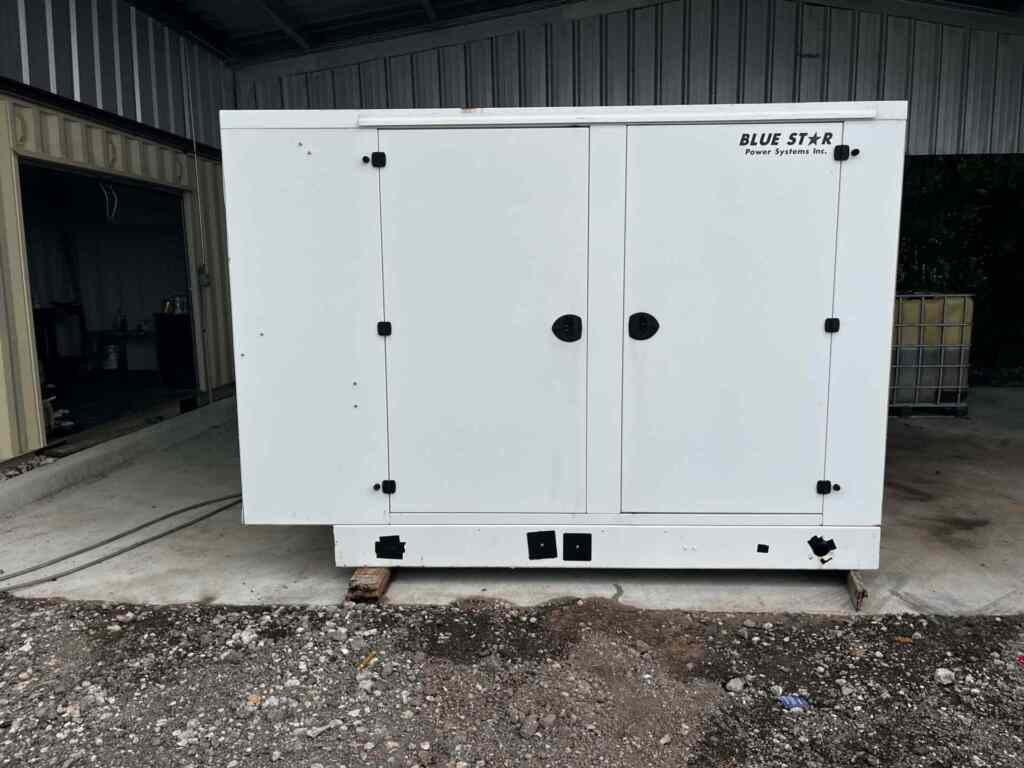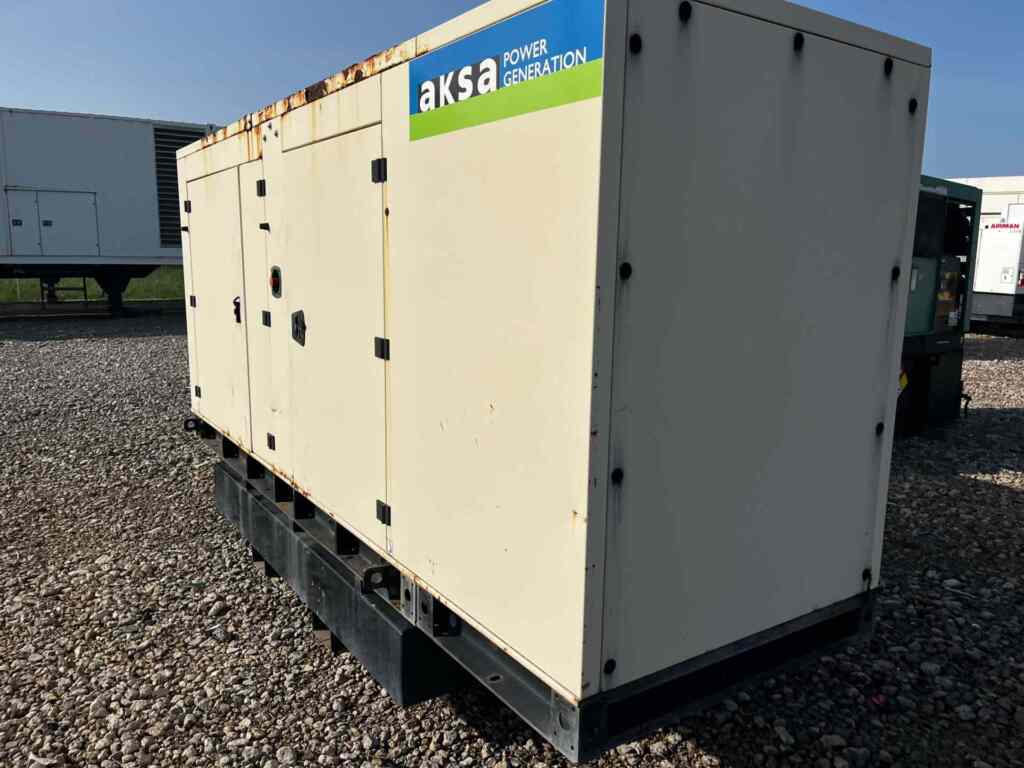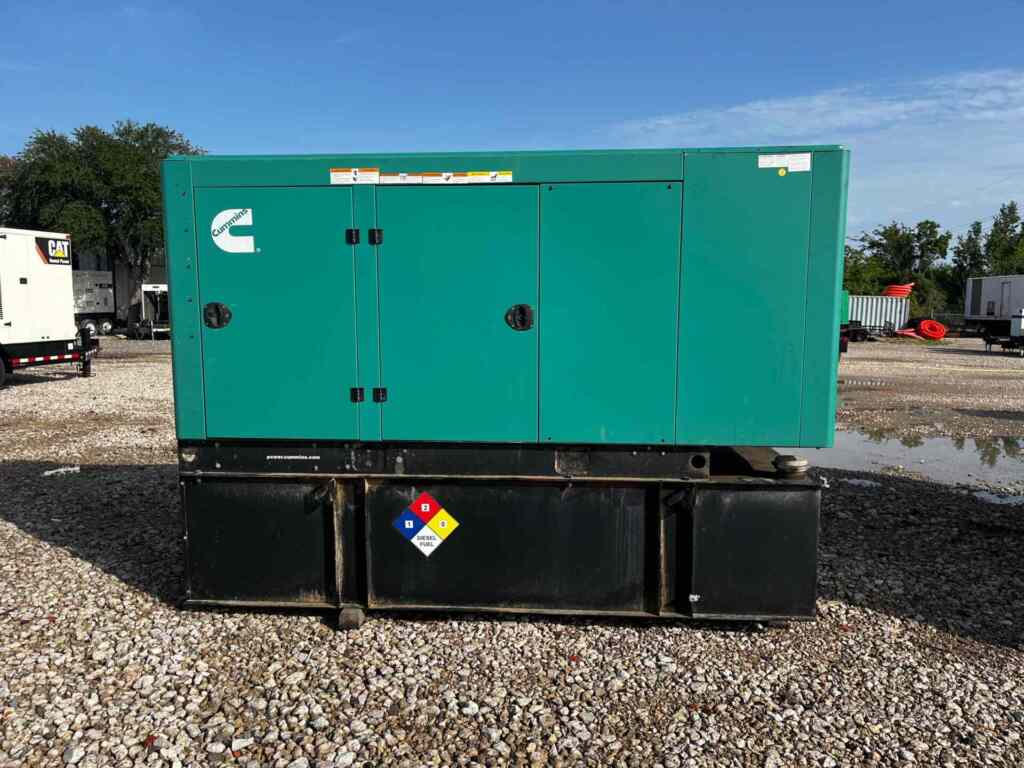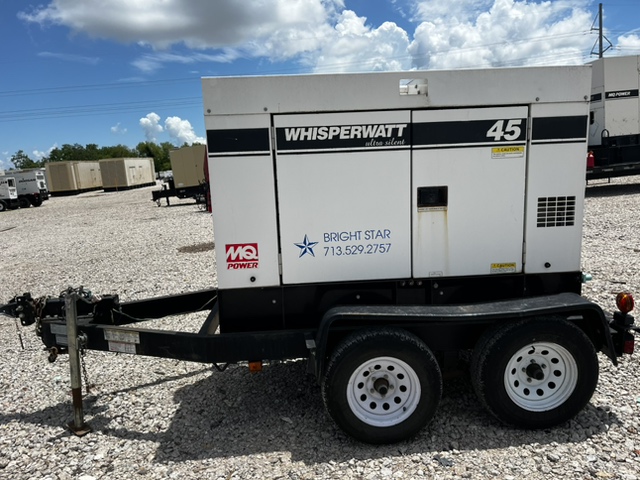Industrial generators are vital assets for businesses requiring uninterrupted power. However, with the increasing focus on sustainability and fuel efficiency, decreasing fuel waste and reducing emissions have become central objectives for facilities managing backup and continuous power systems. Managing generator efficiency is not only environmentally responsible; it is also economically beneficial for long-term operations.
Understanding Fuel Waste in Generator Systems
Fuel waste typically occurs when generators operate under low loads, experience poor maintenance, or face improper usage cycles. These inefficiencies often result in unburned fuel, increased carbon monoxide output, and elevated particulate emissions. Over time, this can lead to excessive fuel consumption, higher operational costs, and environmental penalties.
Several key causes of fuel waste include:
- Wet stacking: In diesel generators, running at low load for extended periods leads to unburned fuel buildup in the exhaust system.
- Incorrect sizing: Generators that are too large or too small for the load requirement tend to operate inefficiently.
- Idle time: Running generators while not connected to a load contributes to fuel waste and wear.
- Lack of routine testing: Irregular testing can lead to inefficient combustion and overlooked mechanical faults.
Best Practices to Improve Generator Efficiency
Maximizing generator efficiency is key to reducing fuel consumption and minimizing harmful emissions. Implementing targeted operational strategies ensures that generators run effectively, avoid unnecessary fuel waste, and maintain peak performance. The following best practices offer practical steps for optimizing industrial power systems.
1. Proper Load Management
Ensuring that generators are operating within their optimal load range is one of the most effective methods of preventing fuel waste. Diesel generators perform most efficiently when operating at 60% to 80% load. Running below 30% load for extended periods significantly increases unburned fuel discharge and emission output.
2. Routine Load Bank Testing
Using a load bank to test generators under controlled conditions helps eliminate wet stacking and maintains the engine’s combustion performance. Load bank testing burns off carbon buildup, ensuring that the generator can respond properly during real-world demands.
3. Regular Maintenance Scheduling
Scheduled preventive maintenance ensures components such as air filters, injectors, and fuel lines are clean and operating correctly. Fuel systems with blockages or leaks can cause inefficient combustion, leading to increased emissions. A strict maintenance plan reduces downtime and prolongs generator life.
4. Smart Sizing for Application
Choosing the right generator size for a specific application is critical. Oversized units waste fuel under light load conditions, while undersized units are overworked and inefficient. Power assessments should be conducted during the purchase and configuration phase to match generator capacity to real demand.
5. Automation and Monitoring Systems
Remote monitoring systems provide real-time data on fuel levels, engine status, temperature, and emissions. Automation helps control idle time and optimize operating conditions, especially in facilities with variable energy demands. Insights from these systems lead to smarter, data-driven fuel management strategies.
Technologies Supporting Fuel Waste Reduction
Modern advancements are making it easier for industrial operators to manage emissions and fuel waste. These technologies can be integrated into existing power systems or considered when investing in new generator solutions:
| Technology | Purpose | Impact on Emissions |
| Diesel Oxidation Catalysts (DOCs) | Converts CO and unburned hydrocarbons to less harmful emissions | Reduces particulate matter and carbon monoxide |
| Tier 4 Final Engines | Compliant with EPA emission standards | Substantial reduction in NOx and PM emissions |
| Advanced Fuel Injection Systems | Improves fuel atomization and combustion | Optimizes fuel use and lowers carbon output |
| Automatic Load Transfer Switches | Ensures the generator only operates when needed | Reduces idle time and unnecessary fuel burn |
| Remote Telematics | Tracks performance, fuel usage, and diagnostics | Supports proactive maintenance and efficiency optimization |
Reducing Emissions Through Smarter Operations
Focusing on fuel waste prevention not only improves generator efficiency but also plays a major role in meeting industrial sustainability goals. Businesses looking to reduce their environmental footprint can take a proactive approach by aligning operational standards with modern emissions-reduction technologies.
Key operational changes include:
- Establishing minimum runtime loads for each generator.
- Training staff on energy-efficient generator use.
- Upgrading older generators to meet modern standards.
- Implementing energy audits to detect inefficiencies.
- Shifting from manual to automated fuel control systems.
Facilities that maintain energy-critical operations, such as hospitals, data centers, and farms, benefit the most from generator efficiency upgrades. Reducing emissions can also contribute to compliance with EPA regulations and minimize the risk of penalties or community impact complaints.
Common Challenges in Fuel Waste Prevention
While the goal of reducing emissions is clear, certain challenges can limit progress if not properly addressed. Identifying and mitigating these issues early can protect both operational performance and environmental objectives.
- Budget limitations: Upgrading or retrofitting generators with advanced systems can be capital-intensive.
- Older fleet challenges: Legacy equipment may not be compatible with newer technologies without significant modification.
- Lack of monitoring tools: Without data visibility, identifying inefficient fuel use becomes difficult.
- Improper fuel storage: Contaminated or degraded fuel leads to poor combustion and system clogs.
- Irregular testing practices: Skipping load testing and preventive inspections accelerates performance decline.
Realizing Long-Term Benefits of Emission Control
Adopting a consistent fuel management strategy brings several long-term advantages to industrial operations. These improvements are both environmental and economic:
- Lower total cost of ownership through reduced fuel bills.
- Improved regulatory compliance with emissions limits.
- Extended generator service life due to optimal operating conditions.
- Enhanced reliability during power outages and peak loads.
- Increased asset value for resale or reuse.
These benefits contribute to the stability of industrial power infrastructures and allow businesses to maintain energy continuity without compromising sustainability goals.
Supporting Smarter Power With Turnkey Industries
At Turnkey Industries, we understand the importance of reducing emissions and maximizing fuel efficiency in industrial power systems. Our inventory of pre-owned diesel and natural gas generators includes only thoroughly vetted and load-tested units, helping businesses achieve reliable energy without excessive fuel consumption. Each unit undergoes inspection to ensure performance standards align with modern efficiency expectations. Why work with us?
- Over 15 years of experience serving industries such as construction, agriculture, healthcare, and data centers.
- Immediate availability of generator units to meet your urgent power needs.
- Worldwide delivery that ensures equipment reaches clients, regardless of location.
- 30-day warranty providing added confidence and peace of mind.
- A range of models from Tier 1 to Tier 4 Final that are designed to promote lower emissions.
- Comprehensive support for upgrading aging fleets or preparing for future power demands.
Contact us today to explore our full range of generator options and learn how Turnkey Industries can help your business reduce emissions while maintaining dependable power.

 Turnkey Industries offers a variety of high-capacity
Turnkey Industries offers a variety of high-capacity 





